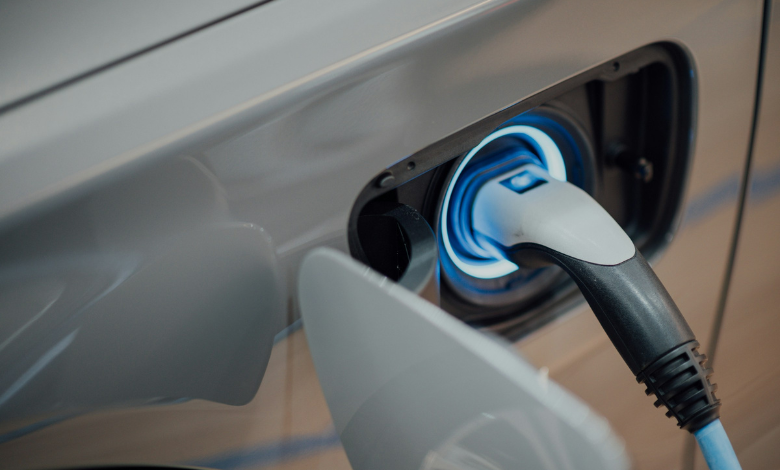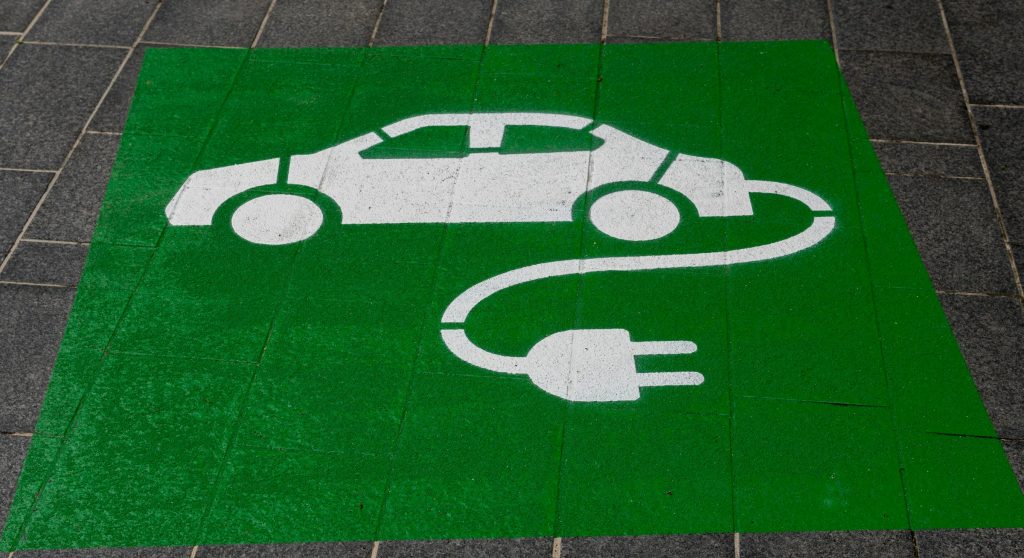Is range anxiety not letting you purchase EVs? Let’s find fact and fiction

Electric vehicles (EVs) have taken the global automobile market by storm. They are considered by many as great alternatives to fossil-fuelled entities that emit significant carbon emissions and constantly deepen the climate crisis.
But range anxiety is real. It is the concern about the distance an EV can travel on a single charge – and the fear of getting stranded during the journey. Range anxiety is one of the main barriers to EV adoption globally. But is the concern valid? Let’s understand the true scale of the problem.

1. Fact/fiction: EVs have insufficient driving range
The real question is the distance you are required to cover. Let’s compare the current ranges of electric vehicles to our daily trips. In the US, an average citizen drives 62 km a day. But Europeans generally travel less than half compared to the US.
EV ranges depend on model and factors like driving style, atmospheric conditions and the battery’s state of charge. Considering different sources, the average EV range sits at a comfortable 315 to 349 km today, much higher than our daily requirements.
Verdict: Fiction
2. Fact/fiction: There’s a lack of charging infrastructure
Public charges are really important to reduce people’s range anxiety as many of us do not have the advantage of charging EVs at home or in offices. Consumers increasingly expect the same services and simplicity for EVs as they do for conventional vehicles.
The EV per charger ratio has recently increased after staying flat for a number of years. But there is not enough public charging infrastructure available today. In addition, there is a need for expanded fast charging infrastructure too for long-distance travel.
Verdict: Fact
Read More:
‘The appeal of SUVs as a status symbol’ : High sales of SUVs pushing up emissions
Electric roads an attractive solution for charging infrastructure problems facing EVs



